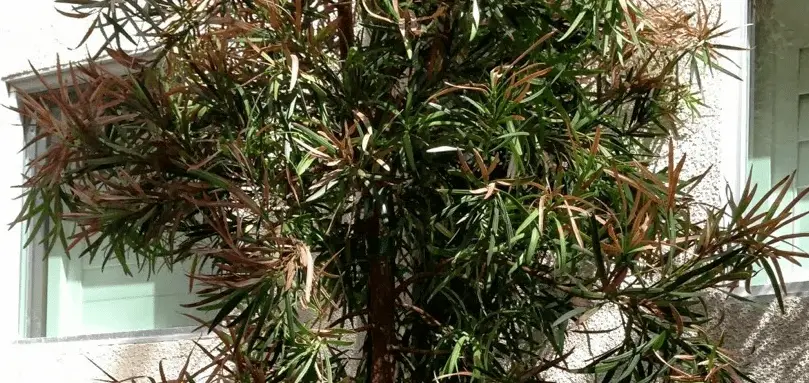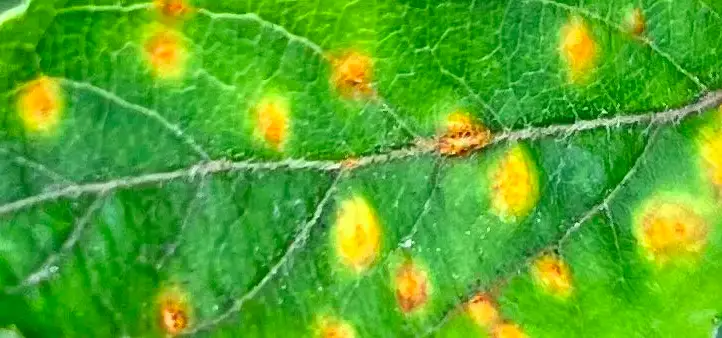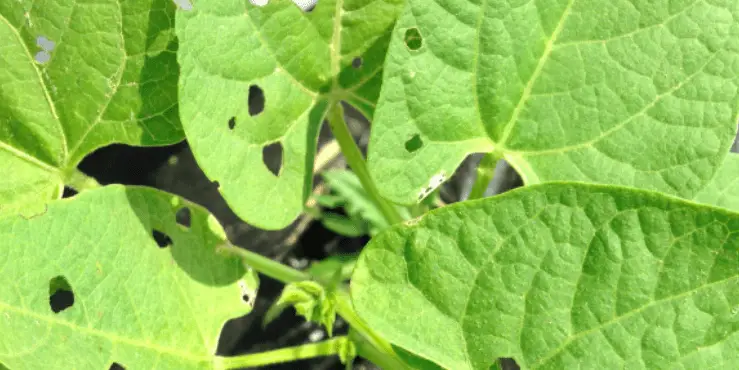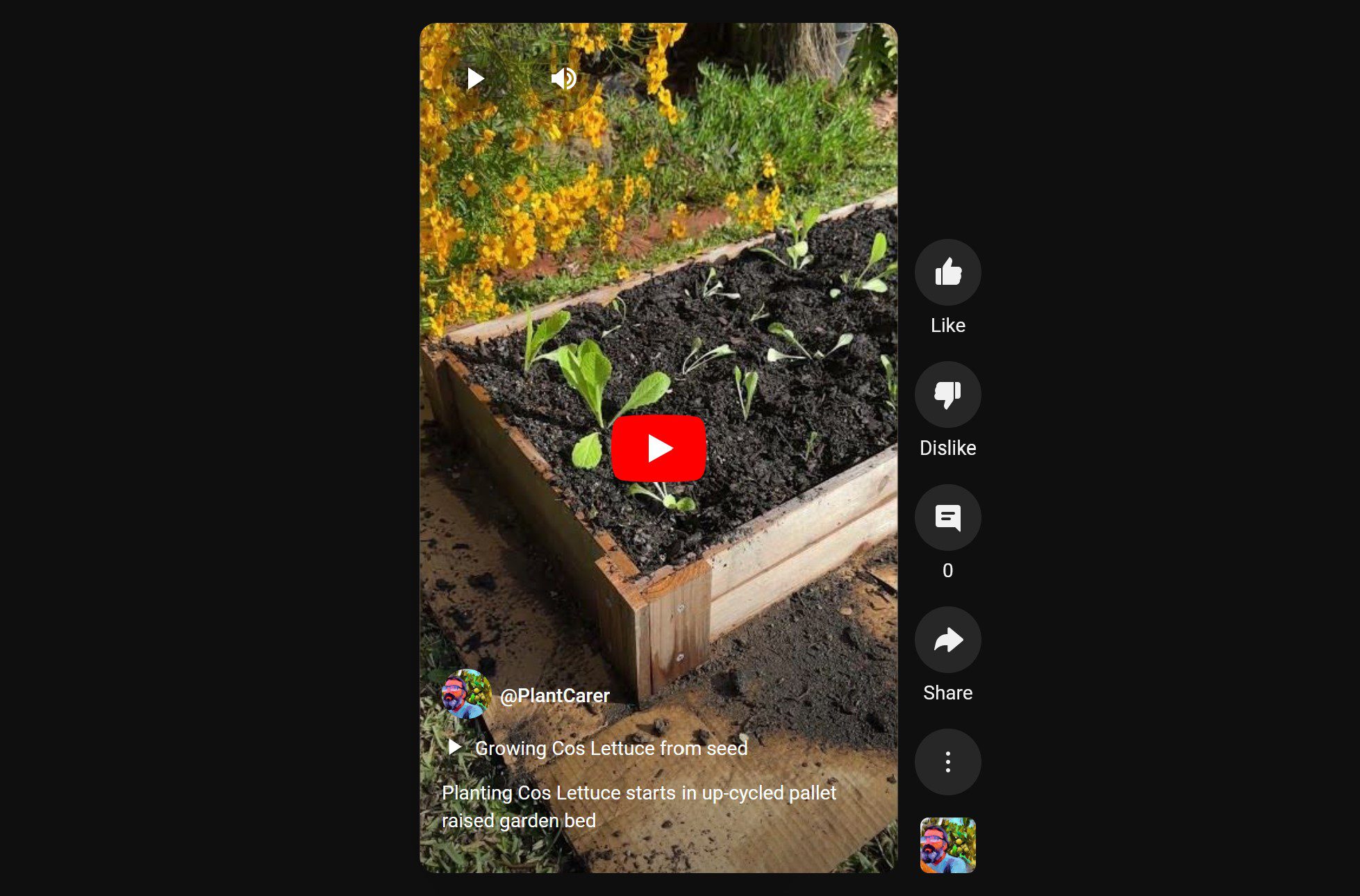When it comes to gardening, there are a lot of myths and misconceptions out there. One of the most common questions we hear is whether or not charcoal ashes are good for plants.
In this blog post, we will discuss the benefits and drawbacks of using charcoal ashes in your garden, as well as how to use them safely.
Are Charcoal Ashes Good For Plants?
Yes, charcoal ashes are good for plants as they boost microorganisms and nutrients, improve pH levels, and remove pests from the soil. Plus, as a source of potassium, they can promote plant growth and help to prevent disease.
However, you must use charcoal that is free from chemicals and other additives, as these can be harmful to plants. You should also not use too much charcoal, as it can make the soil too acidic for plants.
Which Charcoal Should I Use on Plants?
It’s important to use the correct type of charcoal for your plants. The key is to avoid charcoal that is sold as grilling briquettes, as these often contain chemicals and other additives that can be harmful to plants.
Instead, look for basic charcoal that is nothing more than residue from cooked wood. You can also use briquettes, which is a type of charcoal made from sawdust and other wood waste.
So, if you want to give your plants a boost, consider using charcoal ashes. Just be sure to use the right type of charcoal that doesn’t contain any harmful chemicals.
How to Use Charcoal Ashes on Plants?
There are a number of different ways that charcoal ashes can be used in the garden. Let’s take a look at a few of the most popular methods:
1. Protect from frost
If you live in an area that is prone to frost, you can use charcoal ashes to help protect plants. This is because charcoal ashes can absorb heat and help to keep the soil warm.
In fact, charcoal contains salts that lower the freezing point of the moisture in your soil. This means that your plants can withstand lower temperatures without being damaged by frost.
To use charcoal ashes to protect from frost, simply add a layer of them around the base of plants. You can also add them to the soil of new plants to help protect them from frost damage.
2. Acidic soil
If your soil is too acid for plants, you can use charcoal ashes to help neutralize the pH levels. This is because charcoal ashes contain calcium carbonate, which is a common soil amendment.
To use charcoal ashes to improve pH levels, simply add a small amount to the soil and mix it in well. You may need to test the soil regularly to ensure that the pH levels are where they need to be.
Be careful with how much charcoal you use, as too much can make the soil too alkaline for plants, especially if you own acid-loving plants such as rhododendrons.
3. Pest control
As charcoal ashes can remove pests from the soil, they can be used as a natural pest control method. This is because the dryness of the ash will suck the moisture out of the pests, causing them to die.
Charcoal also contains high levels of lime, which can kill pests that come into contact with it for long enough.
To use charcoal ashes for pest control, simply sprinkle them around the base of plants that are prone to pests. You can also add them to the soil of new plants to help prevent pests from attacking them.
4. Fertilizer
Charcoal ashes can also be used as a fertilizer for plants. This is because they are a source of potassium, which is an essential nutrient for plants.
To use charcoal ashes as fertilizer, simply add them to the soil around plants. You can also mix them into compost or other organic matter to help improve the quality of the fertilizer.
5. Compost
As the ash is made from carbon, it can be added to compost to help with the decomposition process. This will also add nutrients to the compost, which can be beneficial for plants.
To use charcoal ashes in compost, simply add a small amount to your compost pile. You can then mix it in with other organic matter such as leaves or grass clippings.
Conclusion
In conclusion, charcoal ashes are good for plants as they offer a number of benefits, such as boosting microorganisms and nutrients, improving pH levels, and removing pests from the soil. Just be sure to use the right type of charcoal that is free from chemicals and other additives.
Do you have any tips on using charcoal ashes in the garden? Share them with us in the comments below! I hope this article has helped you learn more about the benefits of charcoal ashes for plants.
Tim is an avid gardener from the UK. He was the founder of PlantCarer.com from 2021 to Sep 2023. He sold PlantCarer.com to Aaron. He has since started his own business called Seed To Supper, which provides new gardeners all the materials you need in a box (pots, seeds, compost and instructions) to grow your own delicious and nutritious vegetables and herbs from start to finish – no garden required.









0 Comments